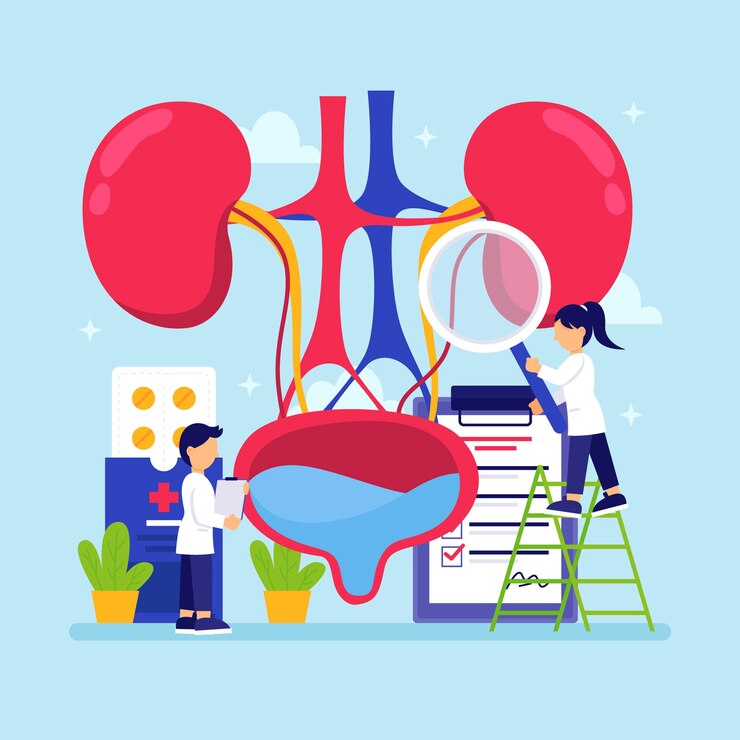
Understanding Kidney Stones: A Beginner’s Guide
Kidney stones:
are hard mineral deposits that form in the kidneys and can cause intense pain when they pass through the urinary tract. They come in various sizes and shapes and can affect anyone, but certain factors like dehydration, diet, and family history can increase the risk of developing them.
What Causes Kidney Stones?
Kidney stones form when certain substances in urine, such as calcium, oxalate, and uric acid, become highly concentrated and crystallize.
Factors like dehydration, high-sodium diets, and certain medical conditions can contribute to the formation of kidney stones.
Symptoms of Kidney Stones
The symptoms of kidney stones can vary depending on their size and location. Common signs include severe pain in the back, side, or lower abdomen, pain during urination, blood in the urine, nausea, and vomiting. If you experience any of these symptoms, it’s essential to seek medical attention.
Diagnosis and Treatment
To diagnose kidney stones, your healthcare provider may perform imaging tests such as a CT scan or ultrasound. Treatment options depend on the size and location of the stones but may include pain medication, drinking plenty of water to help flush out the stones, and, in some cases, medical procedures to remove or break up the stones.
Prevention Tips
While kidney stones can be painful, there are steps you can take to reduce your risk of developing them. Stay hydrated by drinking plenty of water throughout the day, especially if you live in a hot climate or engage in physical activity.
Maintain a healthy diet low in sodium and oxalate-rich foods like spinach, chocolate, and nuts. Limit your intake of sugary drinks and alcohol, and talk to your healthcare provider about any medications or supplements you’re taking that may increase the risk of kidney stones.
Conclusion
Kidney stones can be a painful and uncomfortable condition, but with the right knowledge and preventive measures, you can reduce your risk of developing them. By staying hydrated, maintaining a healthy diet, and seeking prompt medical attention if you experience symptoms, you can protect your kidneys and overall well-being.
To seek medical advice, always consult a Doctor. Here are our recommended experts. Click here
To read more on Kidney stones. Click Here



